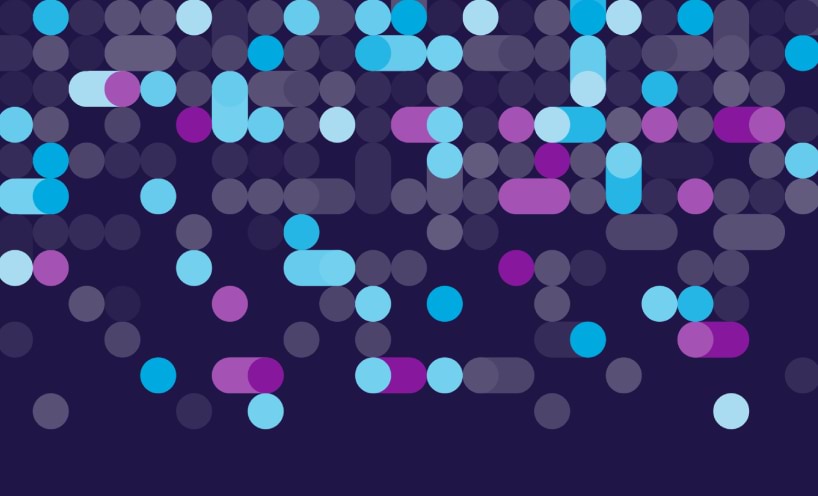Transforming Trauma Victoria (TTV) aims to transform the way mental health and wellbeing services see and respond to trauma through innovative care, research, training and capacity building.
TTV is in a design and development phase. We are focused on developing a service that will eventually deliver:
- Therapeutic services and peer-led digital platforms: Face -to-face and online peer and trauma-focused services to support people in their recovery. This includes helping individuals, families and communities who have been impacted by trauma.
- Translational Research: Working with leading experts to conduct research and develop new ways to understand and address trauma. Our goal is to find the most effective methods to help people heal.
- Capability uplift: Training the mental health and wellbeing workforce and organisations to better understand and respond to trauma. This helps ensure that everyone can receive the care they need, no matter where they are.
Transforming Trauma Victoria will support the system to be trauma informed, and confidently deliver therapeutic care. Find out more about who we are.
Current activities
TTV has received co-funding for several pilot programs from the Department of Health and Victorian Collaborative Centre for Mental Health and Wellbeing. The pilots focus on building the capacity of services to see and respond effectively to trauma.
The consortium delivering TTV is also involved in activities to raise community understanding of trauma.
We have partnered with stakeholders to deliver clinician or community focused webinars and engaged with dozens of services to build momentum for change.
This includes participating in events hosted by SANE Australia, Victorian Collaborative Centre for Mental Health and Wellbeing, Mental Health Australia, Mental Health Victoria, Mental Health First Aid International, the Multicultural Mental Health Network and more.
In November 2024, TTV will run several sessions during the Australasian Conference on Traumatic Stress, which brings together leading academics, practitioners and survivors across the region.
Pilot programs
During its extensive co-design process TTV identified several key themes to address through pilot programs. It found that while some services tried to be more trauma informed, they faced challenges in developing a shared understanding of trauma and practical support to implement trauma-informed care.
We established pilot sites to address this gap in metropolitan and regional Victoria, with a focus on services that reflect the diversity of the emerging reformed mental health system.
Services included the consortium delivering the Women's Recovery Network (WREN) in Shepparton and Melbourne (Alfred Health, Goulburn Valley Health and Ramsey Health) and those delivering Mental Health and Wellbeing Locals in Brimbank (Co-Health, Clarity Healthcare and the University of Melbourne) and Greater Geelong-Queenscliffe (Barwon Health, ermha365, Wellways, Wathaurong). This approach means learnings will apply across the state.
Collectively the pilots involve:
- Supporting the establishment of local partnerships between services, with a focus on collaboration with services that look after groups currently facing cultural or linguistic barriers in mainstream services.
- Co-design of a shared model of trauma-informed care applicable to entire teams across disciplines, that engage both practitioners and consumers.
- Resources to implement the model in a way that is responsive to the needs of the communities they serve and their own service context.
- Tools that help staff identify and address gaps in their knowledge and skills.
Co-design and engagement
Our work is built on strong partnerships and community engagement. True change needs input from people impacted by trauma and those who care for them.
We made sure at every step to share power with those with lived experience to shape the service they want.
To achieve this, we established five dedicated co-design teams in March 2023. These teams conducted workshops, interviews, focus groups, and individual conversations. Our reach included carers, consumers and practitioners at over 70 organisations. Participants were recruited through public expressions of interest and through consortium networks. The focus was on practical solutions that would see real change for Victorians.
Additionally, Victorian Aboriginal Child and Community Agency (VACCA) led a self-determined design stream for First Nations Victorians. This involved a First Nations-led review of the science, and consultation with services and community.
Foundation House has supported engagement with multicultural and asylum seeker communities. These and other communities represented by our consortium have higher rates of trauma. This targeted co-design ensured our design is culturally responsive and safe. By also embedding these voices into our governance structure, we ensure meaningful action.
A detailed operating plan will be provided to government in 2025, which will include insights into how the co-design process contributed to the operational vision for TTV.
TTV also established an advisory group to help achieve system change. Members included: Alfred Health, Bendigo Health, Forensicare, the Hamilton Centre, Mental Health Victoria, Murdoch Children’s Research Institute, Spectrum, Royal Children’s Hospital, Self Help Addiction Resource Centre (SHARC), Tandem Carers, Victorian Aboriginal Community Controlled Health Organisations (VACCHO), VMIAC, Victorian Dual Disabilities Service and Women's Health Victoria.
What will care, training and research at TTV look like?
We are guided by our vision for the service as we design and develop TTV.
Our experience, research, co-design and pilots have taught us a lot about what it takes to address trauma at scale.
We refined and tested an integrated model of training, service delivery and research that together drive change. As a service, we aim to 'learn through care'. This means we deliver, teach and test the best and emerging approaches to trauma. This builds on the vision the Royal Commission set out for us.
We expect to deliver multiple levels of training from trauma-informed care to therapeutic approaches. We will provide tools and support to help apply that training locally. Supervision and communities of practice will encourage the workforce to build skills and resilience.
Practice confidence comes not just from training, but in seeing outcomes. So TTV will also likely operate its own trauma treatment and training clinic where we show the impact of quality care. The clinic will integrate an innovative digital peer-led service.
We also expect to provide case-based advice to other services, through a multi-agency panel. This means multiple perspectives can benefit consumers, without multiple waitlists. Our two University partners can help create placements to grow the workforce.
Embedding research in places of care and teaching ensures we meet the needs of Victorians. It also makes Victoria the heart of trauma practice innovation, nationally and globally. This attracts talent and investment.
As we finalise our design, please note we are not yet accepting referrals.
Updated

